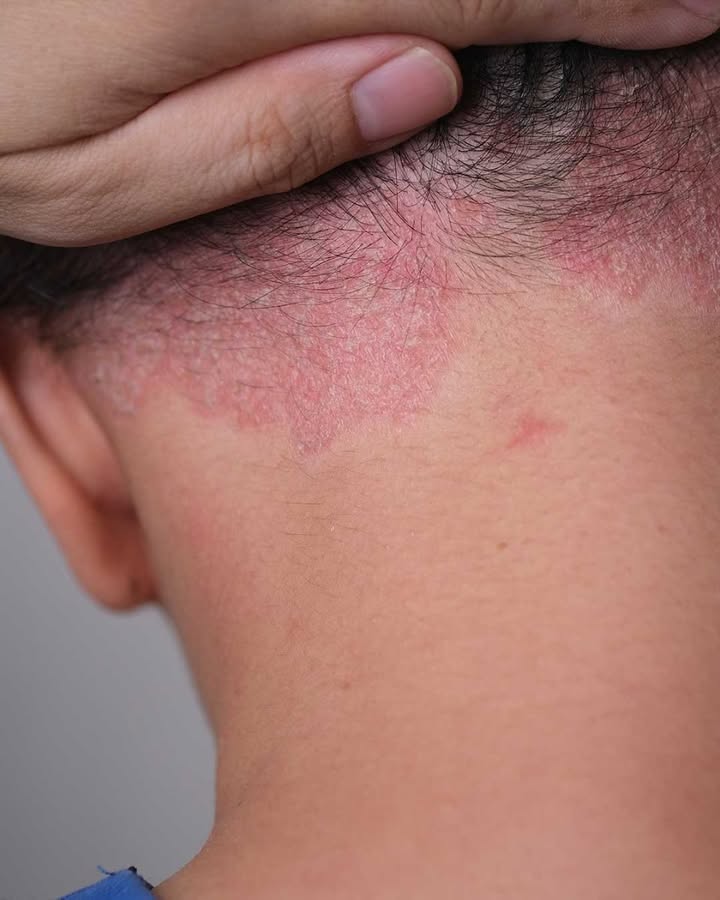Treatment for scalp psoriasis often involves topical treatments such as medicated shampoos, corticosteroids, and vitamin D analogs. In more severe cases, systemic treatments or phototherapy may be recommended. Over-the-counter products containing coal tar or salicylic acid can also help reduce scaling and itching. It is important to follow the treatment plan prescribed by a healthcare provider to achieve the best results.
Managing Scalp Psoriasis at Home
Managing scalp psoriasis at home involves maintaining a regular hair care routine with gentle shampoos and conditioners. Avoiding harsh hair treatments and minimizing stress can also help manage symptoms. Regularly moisturizing the scalp and using a humidifier in dry environments can prevent excessive dryness and flaking. It is also important to avoid scratching the affected area to prevent further irritation and potential infection.
Preventing Flare-Ups
Preventing flare-ups of scalp psoriasis involves identifying and avoiding triggers such as stress, skin injuries, and certain medications. Maintaining a healthy lifestyle with a balanced diet, regular exercise, and adequate sleep can support overall immune function and reduce the risk of flare-ups. Regular follow-ups with a healthcare provider can help monitor the condition and adjust treatment as needed.
Conclusion and Reassurance
While discovering a red patch on your grandchild’s scalp can be concerning, understanding the nature of scalp psoriasis and how to manage it can provide reassurance. With proper diagnosis and treatment, scalp psoriasis can be effectively managed, allowing your grandchild to lead a comfortable and healthy life. Remember, you are not alone in this journey, and support from healthcare professionals and loved ones can make a significant difference.
